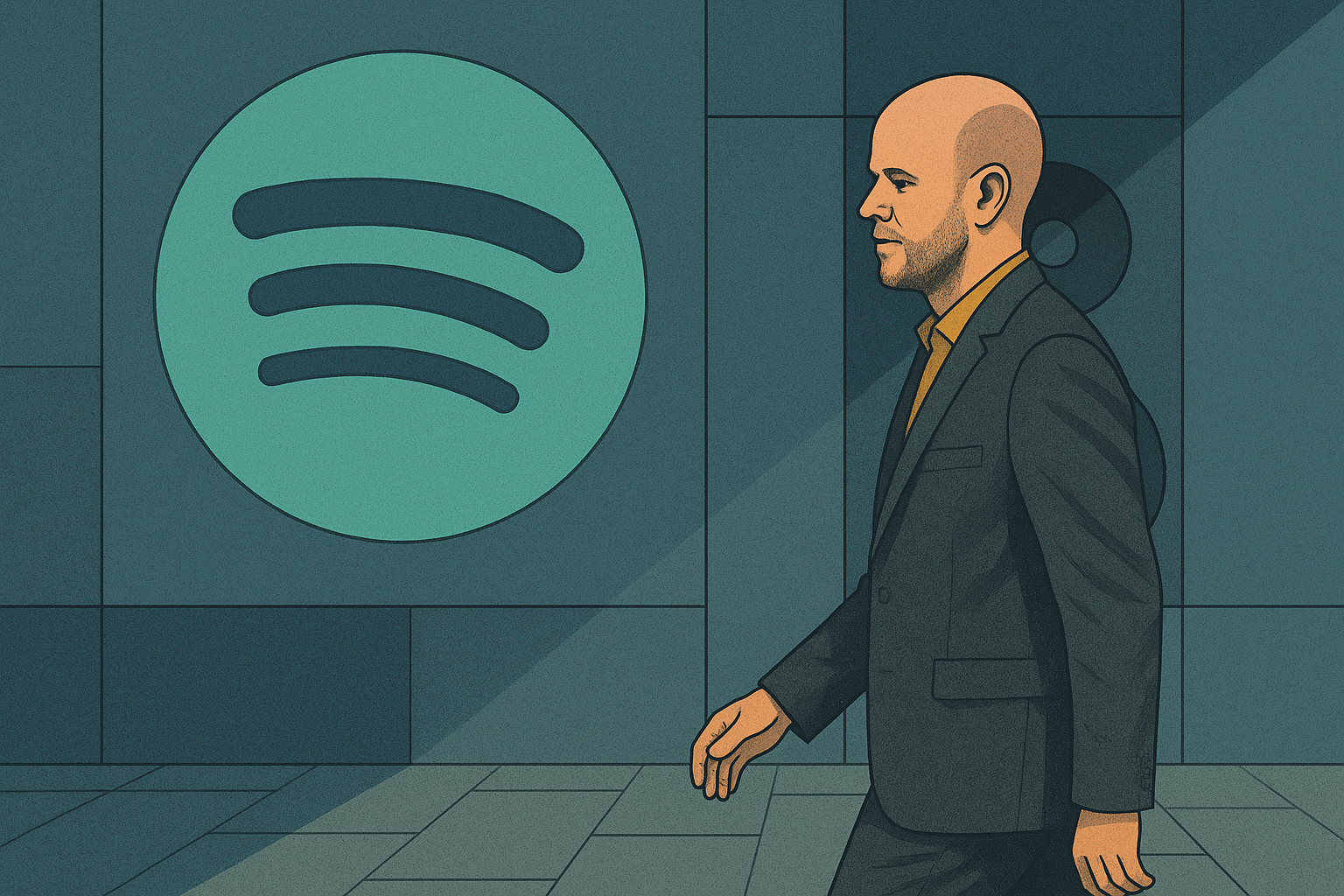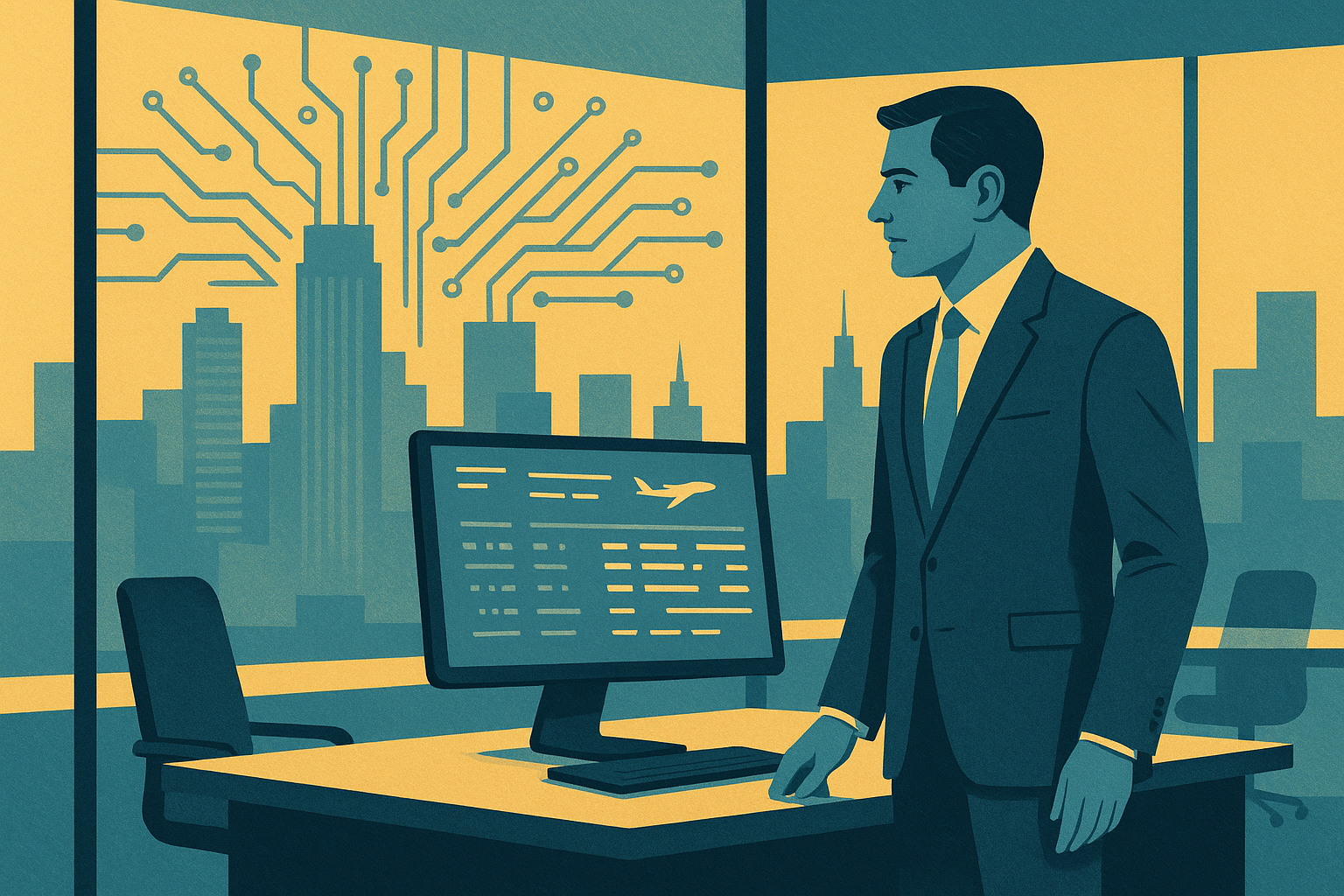Daniel Ek, co-founder and long-time chief executive of Spotify, will step down as CEO early next year. The company announced on Monday that he will transition to executive chairman from 1 January 2026, with two current senior executives appointed as co-chief executives.
Gustav Söderström, chief product and technology officer, and Alex Norström, chief business officer, will jointly take over leadership of the streaming giant. Both will join Spotify’s board, subject to shareholder approval.
“This is a natural step that formalises how we’ve been operating since 2023,” Ek said in a company statement. “My focus will be on the long arc — ensuring Spotify remains the world’s leading audio company decades from now.”
Spotify emphasised that the dual leadership model reflects an existing internal split between product development and commercial operations. Söderström and Norström have held the title of co-presidents since 2023, working closely with Ek on strategic direction.
The market response was immediate, with Spotify shares falling by more than 3% in pre-market trading on Monday. Analysts pointed to uncertainty over the co-CEO model and the continuing influence of Ek in his new role.
Founded in Stockholm in 2006, Spotify has grown into the dominant global audio streaming service, available in more than 180 countries and with over 600 million monthly active users. The company reported its first annual profit in 2024, after years of losses offset by aggressive growth.
Ek said his new role would allow him to concentrate on “capital allocation, stakeholder engagement, and long-term strategy,” while leaving daily management to the new co-chiefs. Observers noted that this positioning resembles European corporate governance norms, where founders often retain significant influence as executive chair.
Spotify faces continuing challenges from rivals including Apple Music, Amazon, and YouTube, as well as heightened scrutiny from regulators over digital platforms. The company has also drawn criticism from some artists over licensing terms and Ek’s personal investments in the defence technology sector.
Industry analysts will now watch closely how Söderström and Norström navigate Spotify’s next phase — balancing profitability with expansion into podcasts, audiobooks, and artificial intelligence-driven services. With Ek remaining closely involved in strategy, the leadership transition underscores Spotify’s evolution from start-up disruptor to a global business under increased market and regulatory pressure.



